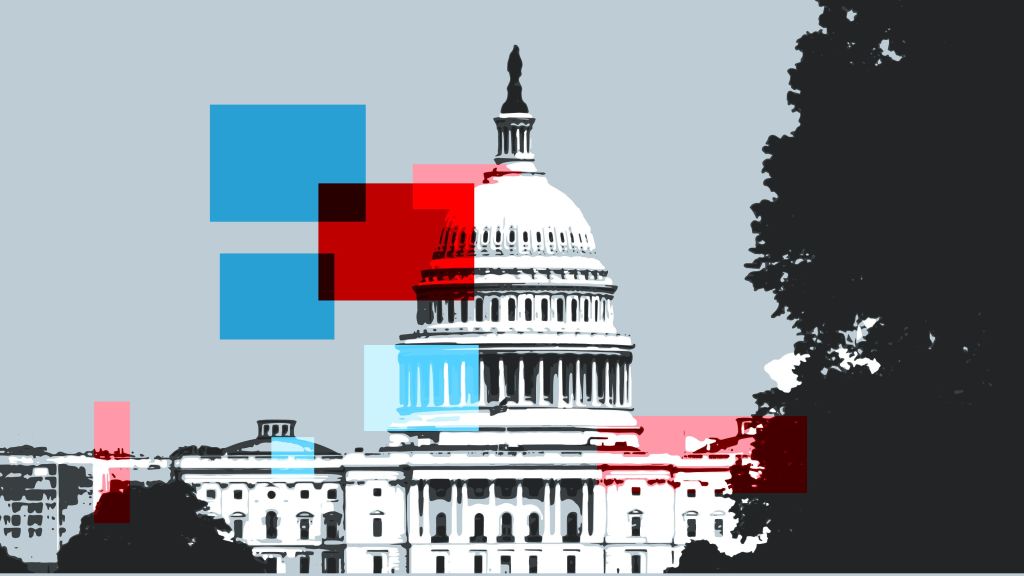
The House of Representatives has founded a Task Force on artificial intelligence that will “ensure America continues leading in this strategic area,” as Speaker Mike Johnson put it. But the announcement feels more like a punt after years of indecision that show no sign of ending.
In a way this task force — chaired by California Reps Ted Lieu and Jay Obernolte — is a welcome sign of Congress doing something, anything, on an important topic that has become the darling of tech investment. But in another, more important way, it comes off as lip service at a time many feel AI and tech are running circles around regulators and lawmakers.
Furthermore, the dispiriting partisanship and obstruction on display every day in Congress renders quaint any notion that this task force would produce anything of value at any time, let alone during a historically divisive election year.
“As new innovations in AI continue to emerge, Congress and our partners in federal government must keep up. House Republicans and Democrats will work together to create a comprehensive report detailing the regulatory standards and congressional actions needed to both protect consumers and foster continued investment and innovation in AI,” said Rep. Obernolte in the announcement.
And Rep. Lieu: “AI has the capability of changing our lives as we know it. The question is how to ensure AI benefits society instead of harming us. As a recovering Computer Science major, I know this will not be an easy or quick or one-time task, but I believe Congress has an essential role to play in the future of AI. I have been heartened to see so many Members of Congress of all political persuasions agree.”
Of course, the White House, numerous agencies, the EU and countless other authorities and organizations are already issuing “comprehensive reports” and recommending legislative actions, but what’s one more?
Feds kick off National AI Research Resource with pilot program live today
It seems as though Congress realized that it was the last substantive entity to act on this industry-reshaping force, and so representatives reached across the aisle to pat each other on the back for taking the smallest possible step toward future legislation.
But at the same time, with Congress dysfunctional (having passed a historically low number of bills) and all eyes on the 2024 presidential election, this task force is just a way of kicking the can down the road until they know what they can get away with under the coming administration.
Certainly studying AI and its risks and benefits is not a bad thing — but it’s a little late in the day to be announcing it. This task force is long overdue, and as such we may welcome it but also treat it with the same skepticism that lawmaker pandering deserves.
Everyone involved with this will point to it when asked why they haven’t acted on AI, which many voters fear is coming for their jobs or automating processes that once had a purposeful human touch. “But we started this task force!” Yes, and the EU has had their task force working on this subject since the pandemic days.
The announcement of the task force kept expectations low, with no timeline or deliverables that voters or watchdogs can hold them to. Even the report is something they will only “seek” to produce!
Furthermore, considering the expert agencies are at risk of declawing via Supreme Court decision, it is hard to even imagine what a regulatory structure would look like a year from now. Want the FTC, FCC, SEC, EPA or anyone else to help out? They may be judicially restrained from doing so come 2025.
Perhaps this task force is Congress’s admission that during such tumultuous times, and lacking any real insight into an issue, all they can do is say “we’ll look into it.”


